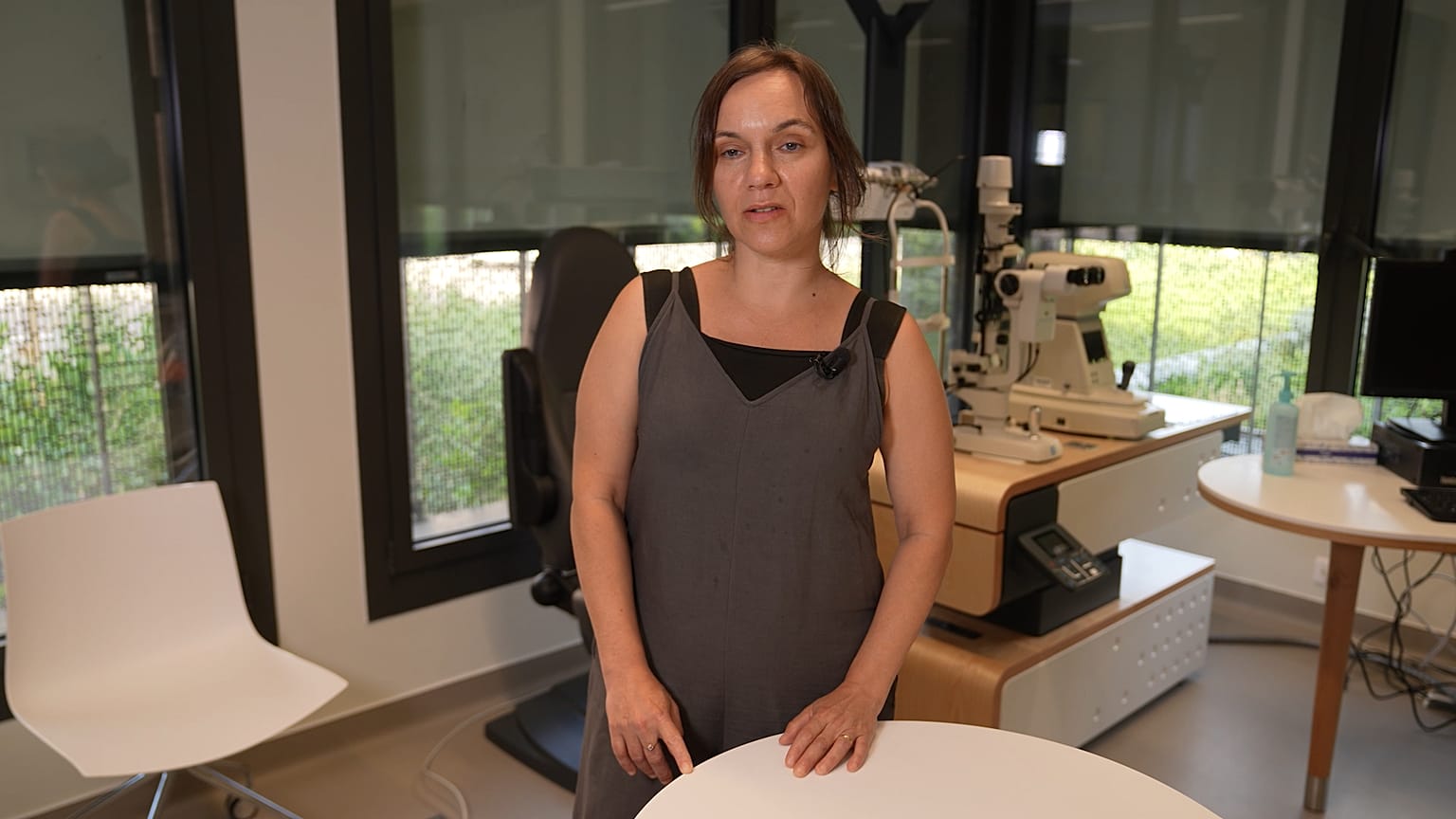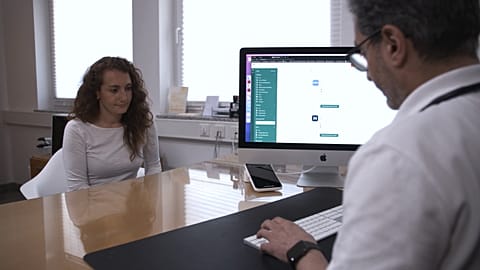Diagnosis and treatment of rare illnesses can often be complicated due to the condition's very nature. Caroline suffers from a rare genetic disease called Stargardt Syndrome. Smart Health spoke to her about what it's like to live with a rare disease.
Piano teacher Caroline Sablayrolles suffers from a rare genetic disease called Stargardt Syndrome. First diagnosed when she was 6 years old, the condition has progressively led to the slow loss of her vision.
Caroline's condition is classified as a rare disease, meaning it affects less than one in 2,000 people. She says this can make it risky to travel outside her home country France, where treatment for the disorder can be difficult.
"Recognition of a disability is still complicated in Europe and the follow-up even more so," she explained to Smart Health.
"One day, I had an allergic reaction to a very strong product and so I went to accident and emergency. Of course, they quickly realised that I couldn't see anything. But it was really complicated to explain everything so that they had all the information,” she adds.
Caroline also says it took a long time to get a proper diagnosis.
"The first few years were really complicated because the doctors were examining all the possibilities in order to find an answer to this visual problem. Then finally, it was really thanks to research, with the discovery of a gene that had mutated, that we were able to detect and give a name to my pathology."
_To watch Caroline's full interview, click on the video player above_

















